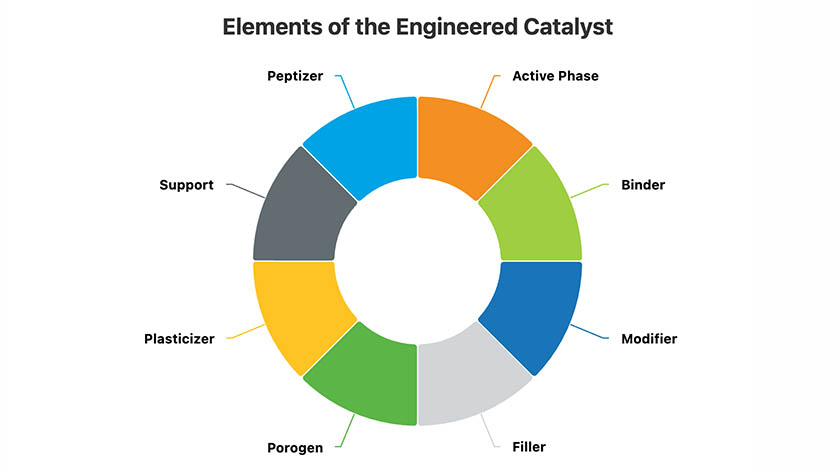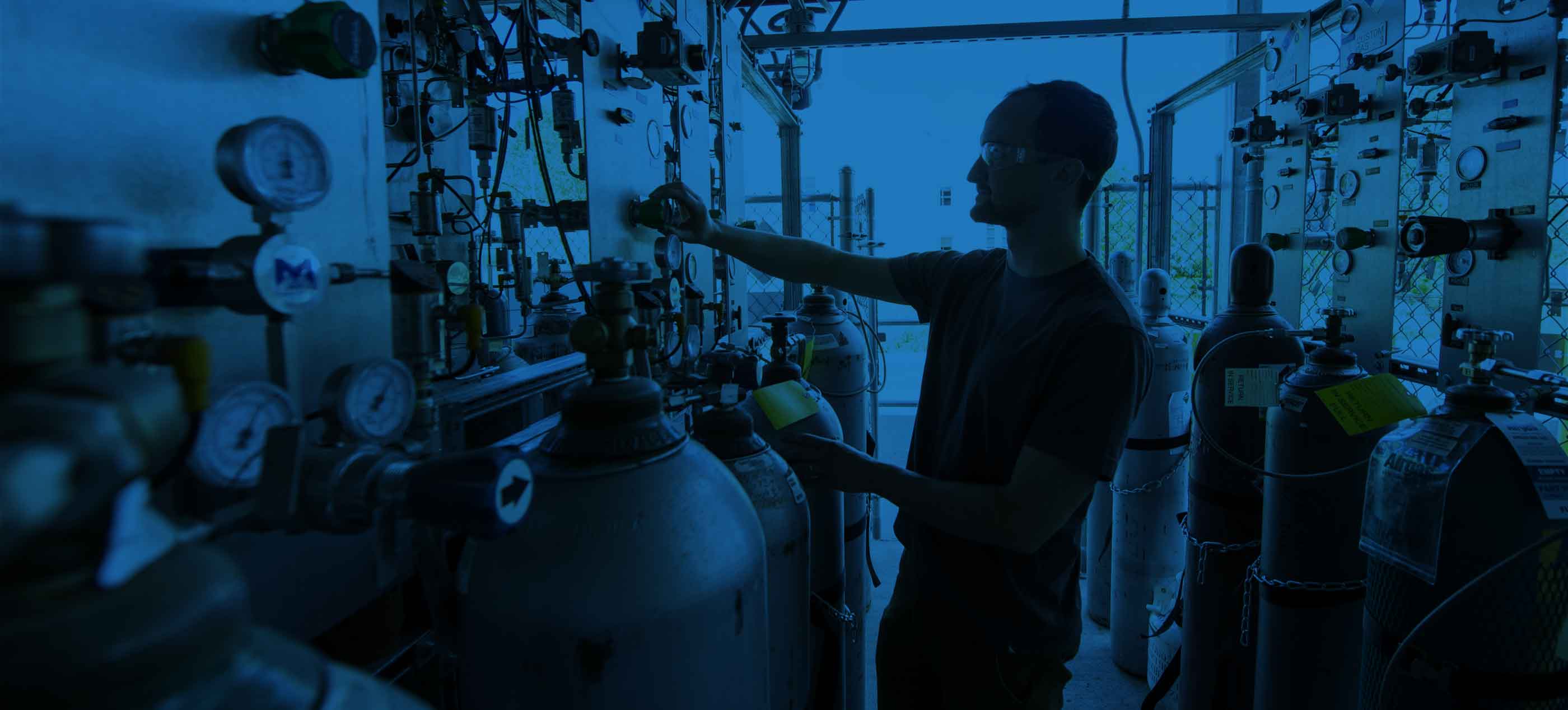
Biomass resources in the United States could be harnessed to produce up to 60 billion gallons of biofuel each year, according to BETO's 2023 Billion-Ton Report. That's enough to support growing U.S. energy demand while opening doors for export to key international markets.
ChemCatBio accelerates the development of catalytic technologies that convert biomass and waste resources into bio-based fuels and chemicals.
News

Engineered Catalyst Design and Forming
Feb. 17, 2026The latest ChemCatBio Technology Brief examines the design, composition, and production of engineered catalysts, which are critical for moving transformative bioenergy technologies from the laboratory to the commercial sector.

Recording Available for January 29 Webinar: An Introduction to Programmable Catalysis
Feb. 6, 2025Miss ChemCatBio’s webinar on programmable catalysis for chemical energy technology? Watch a recording of the event, which featured the University of Minnesota’s Paul Dauenhauer.

Catalyst Scientist Dan Ruddy Is the New Director of ChemCatBio
Dec. 31, 2024At the helm, Ruddy will support current research initiatives and guide consortium activities amid evolving priorities.
Stay Informed With ChemCatBio's Newsletter
The Accelerator covers upcoming events, funding opportunities and solicitations, publications, new technologies and research projects, and other relevant information related to ChemCatBio.

